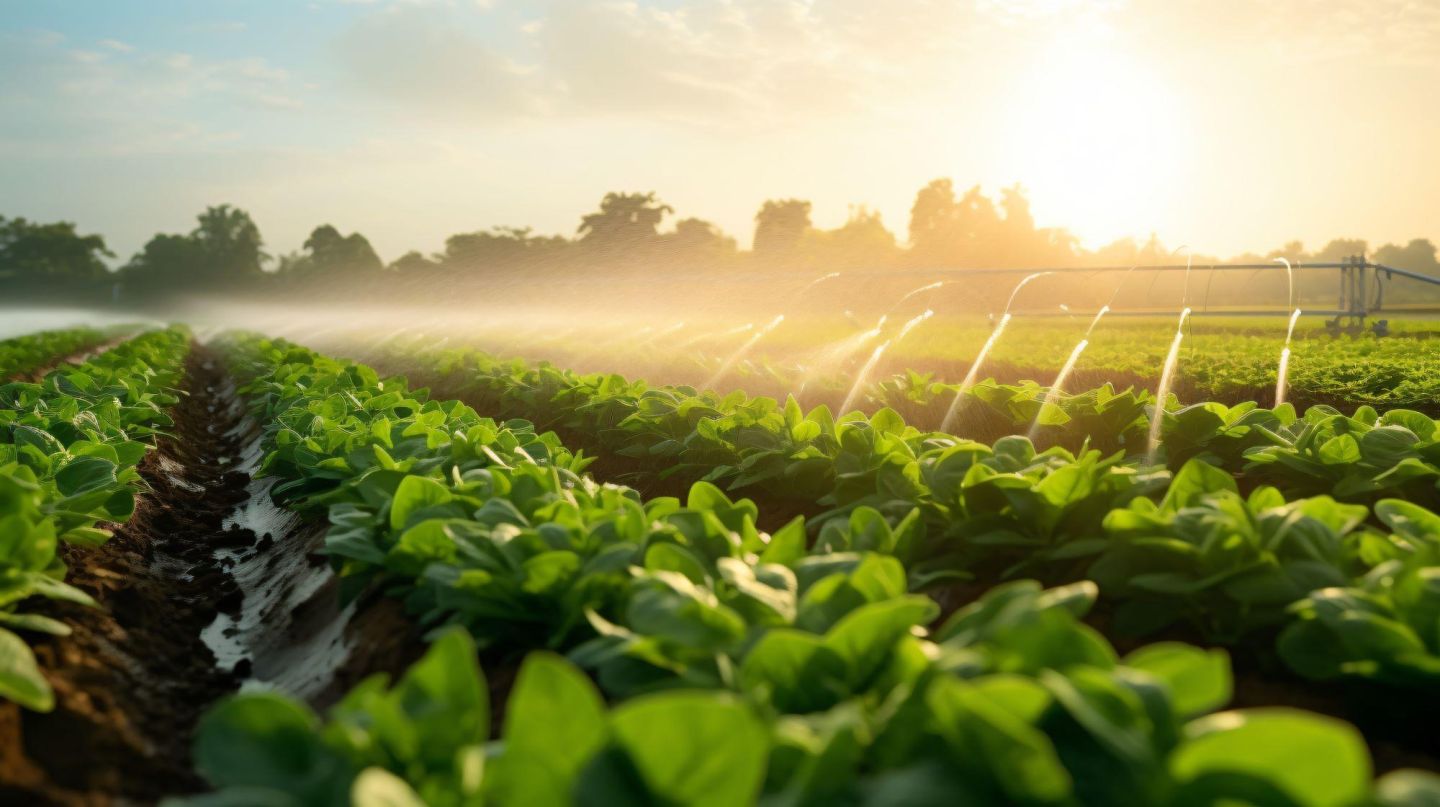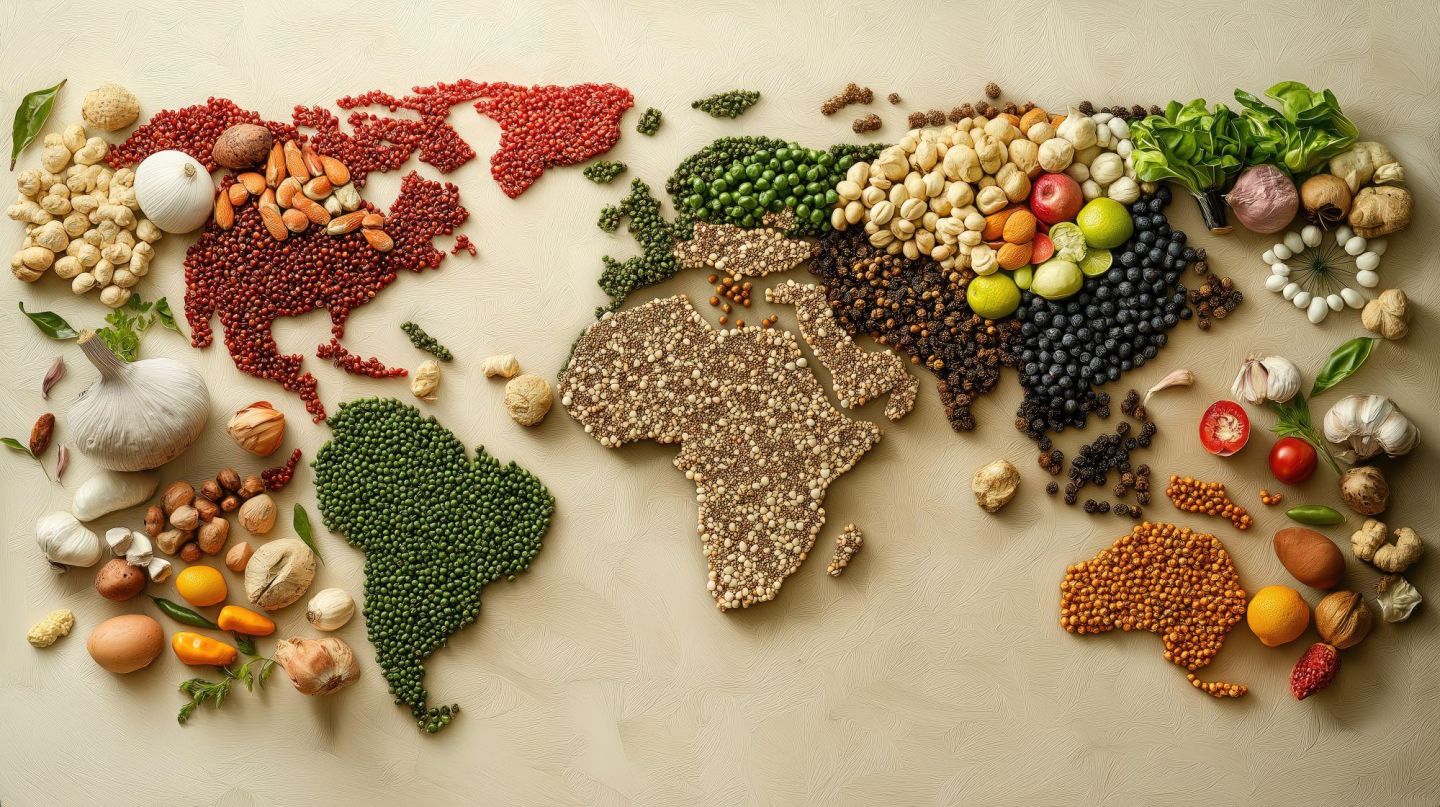Sustainable and Resilient Agri-Food Supply Chains

The course will review the concept of sustainability within the context of agri-food supply chains and the methods currently being adopted across each chain type to achieve sustainability. It will also introduce the concept of resilience within a supply chain, what it is and how it can be achieved as well as its overall purpose. Specific technical areas covered will include, but are not limited to, sustainable agri-food production/processing/supply, digital technologies and their role and purpose in developing sustainable and resilient agri-food supply chains, biodiversity, the various EU/UN targets and policies targeted towards sustainable and resilient agri-food supply chains.
The Certificate in sustainable and resilient agri-food supply chains will provide students with the skills, experience, and confidence to:
- Engage in practices that can transform agri-food supply chains
- Engage across primary commercial production, provide support and technical advice to sectoral stakeholders.
- Identify solutions underpinned by digital technologies and critically evaluate them to reach sustainability targets
Delivery
The module will follow a blended delivery mode consisting of online evening lectures and tutorials (once/week), and 1 day of in-person practical. Case study assessments, assignments (projects), and presentations will be held during the semester at spaced intervals.
The module is 10 credits, and consist of lectures, tutorials, and practicals. The module will follow a blended delivery mode consisting of online lectures and tutorials (once/week) and 1 day of in-person practical. The practical in this module will allow students to learn first-hand the opportunities and challenges with applying sustainable practices to the production of food and current solutions to making supply chains more resilient. Case study assessments, assignments (projects), and presentations will be held during the semester at spaced intervals.
On successful completion of this module, a student will be able to:
- Analyse the concept of sustainability and resilience within agri-food supply chains and assess their purpose.
- Research the basics of supply chain management and its effect on agri-food system footprint.
- Develop a detailed knowledge of the role of digitisation in the agri-food supply chains and evaluate the potential for achieving sustainability through digital technologies.
- Select and critique current published methodologies being adopted across diverse agri-food supply chains to achieve sustainability
Applicants for the Certificate in Sustainable and Resilient Agri-Food Supply Chains should hold National Framework of Qualifications (NFQ) Level 8 honours degree with a minimum upper second-class honours or equivalent in Agriculture, Food, Science, or Environmental / Land Science related degree programme.
Applicants who do not hold a degree in the cognate areas specified above but who have relevant industry or practical experience in agricultural and biological systems or equivalent, in conjunction with a Level 8 degree in a non-cognate area, may be considered for entry under SETU’s Recognition of Prior Learning (RPL) mechanism on an individual basis. Guidelines on the University’s RPL policy and procedures are available here. In addition, applicants whose primary language is not English must meet the SETU English language requirements.
This course will produce highly skilled professionals to support the sustainable development of the agri-food sector. Graduates will be able to engage across primary commercial production, provide support and technical advice to sectoral stakeholders.
Graduates of the Certificate in in sustainable and resilient agri-food supply chains may continue to complete other Level 9 Certificates (Certificate in global afri-food systems and Certificate in circular bio-economy in agri-food systems). Graduates may also continue their studies and graduate with a Level 9 Postgraduate Diploma in Science in Sustainable Agri-Food Systems or Masters of Science in Sustainable Agri-Food Systems (90 credits) upon successful completion of the Research Method and Dissertation programme (30 credit). This will facilitate students to progress their academic education to Level 10 or opt to remain in a research, development, and innovation environment.





